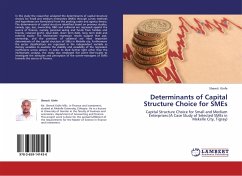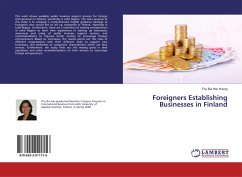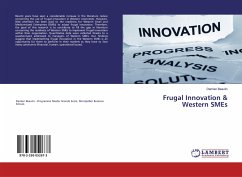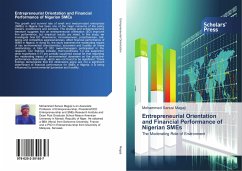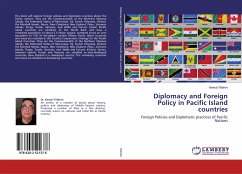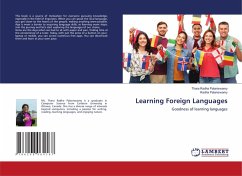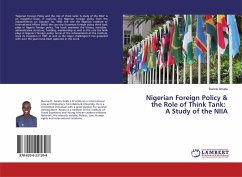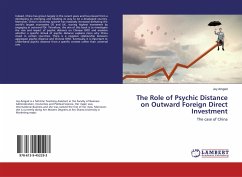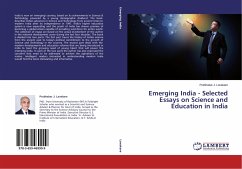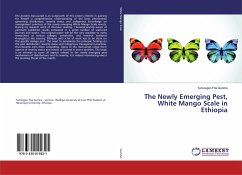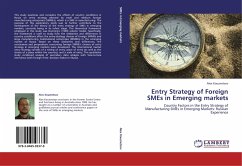
Entry Strategy of Foreign SMEs in Emerging markets
Country Factors in the Entry Strategy of Manufacturing SMEs in Emerging Markets: Russian Experience
Versandkostenfrei!
Versandfertig in 6-10 Tagen
52,99 €
inkl. MwSt.

PAYBACK Punkte
26 °P sammeln!
This study examines and considers the effects of country conditions in Russia on entry strategy selected by small and medium foreign manufacturing enterprises (SMMEs), which is a SME in manufacturing. The purpose of this exploratory study was to further contribute to the development of the theory of the entry strategy of SMEs in emerging markets, currently being in its infant stage. The theoretical framework employed in this study was Dunning s (1993) eclectic model. Specifically, the framework is used to study how the similarities and differences in country conditions affect the entry-strateg...
This study examines and considers the effects of country conditions in Russia on entry strategy selected by small and medium foreign manufacturing enterprises (SMMEs), which is a SME in manufacturing. The purpose of this exploratory study was to further contribute to the development of the theory of the entry strategy of SMEs in emerging markets, currently being in its infant stage. The theoretical framework employed in this study was Dunning s (1993) eclectic model. Specifically, the framework is used to study how the similarities and differences in country conditions affect the entry-strategy choices of foreign SMMEs and large manufacturing multinational enterprises (MNMEs) in the emerging market of Russia. Based on these similarities and differences, the conclusions and propositions concerning foreign SMMEs choices of entry strategy in emerging markets were developed. The international market entry strategy consists of a timing of entry, place of entry (as well as the choice of a place within the country), and a scale of entry. This qualitative study combined analysis of secondary data analysis with face-to-face interviews (with foreign firms decision makers in Russia.



